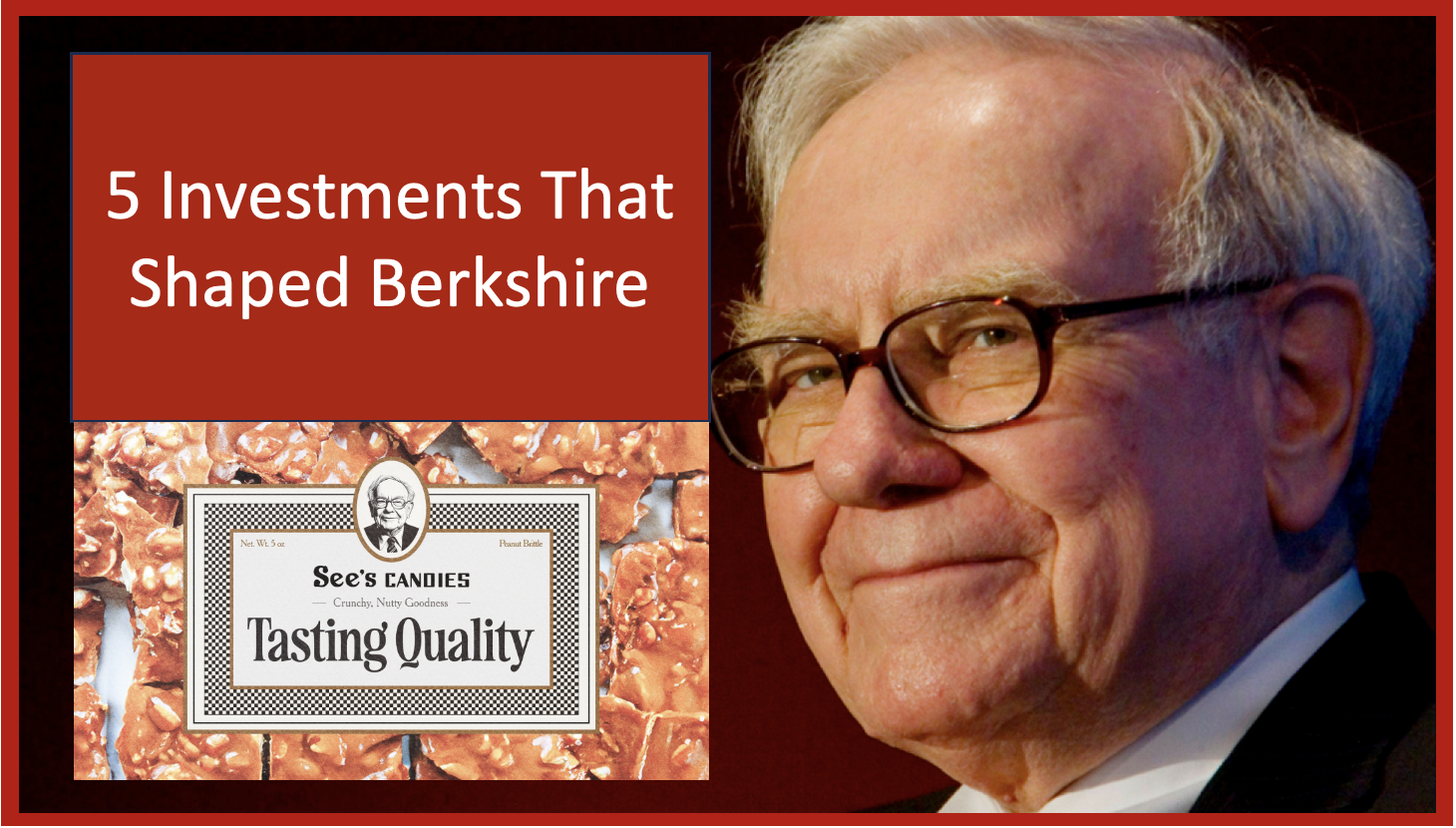Buffett’s Mid-Career Masterstrokes: 5 Mid-Cap Bets That Shaped Berkshire
Warren Buffett didn’t always invest in billion-dollar giants. In his mid-career phase (roughly 1965–1985), he struck gold with a series of mid-cap investments—companies that weren’t too big to analyze deeply or influence, yet had remarkable economics. Here are five of his most brilliant moves from that era, in order of acquisition:

1. National Indemnity (1967)
- Purchase Price: ~$8.6 million
- Type: Small, conservative insurer
- Why Buffett Bought It: He saw the potential to generate "float"—insurance premiums held before claims are paid—which he could reinvest elsewhere.
- Outcome: Became the cornerstone of Berkshire’s insurance empire, giving him permanent capital to invest.
2. Blue Chip Stamps (Late 1960s)
- Purchase Price: Various; eventually took control
- Type: Trading stamp business with solid cash flow
- Why Buffett Bought It: The free cash flow from Blue Chip helped fund other strategic purchases like See’s Candies.
- Outcome: Played a key role in Buffett’s capital allocation strategy and was later folded into Berkshire.
3. See’s Candies (1972)
- Purchase Price: ~$25 million
- Revenue at Purchase: ~$30 million
- Why Buffett Bought It: Strong brand, pricing power, and high returns on capital with minimal reinvestment needs.
- Outcome: Generated over $2 billion in pretax earnings and taught Buffett the value of buying great businesses at fair prices.
4. The Washington Post (1973)
- Initial Stake: ~$10 million
- Type: Dominant media business trading far below intrinsic value
- Why Buffett Bought It: Classic value play—great business at a deep discount during a market downturn.
- Outcome: The investment compounded for decades and Buffett sat on the board, reinforcing his long-term style.
5. GEICO (Initial Stake in 1976)
- Purchase Price: ~$4.1 million during a financial crisis
- Why Buffett Bought It: He already knew the business from his early days with Ben Graham and saw enduring advantages in its low-cost, direct-to-consumer model.
- Outcome: The company rebounded, and Berkshire eventually acquired it fully. GEICO is now a major subsidiary.
Final Thoughts
These mid-cap investments showcase the Buffett formula in evolution: from cigar-butts to quality, from passive investing to ownership, and from cheapness to durability. They also highlight the immense power of long-term thinking and selective, concentrated bets.
Related Read:
Our Latest Stock Picks
Leave a Comment